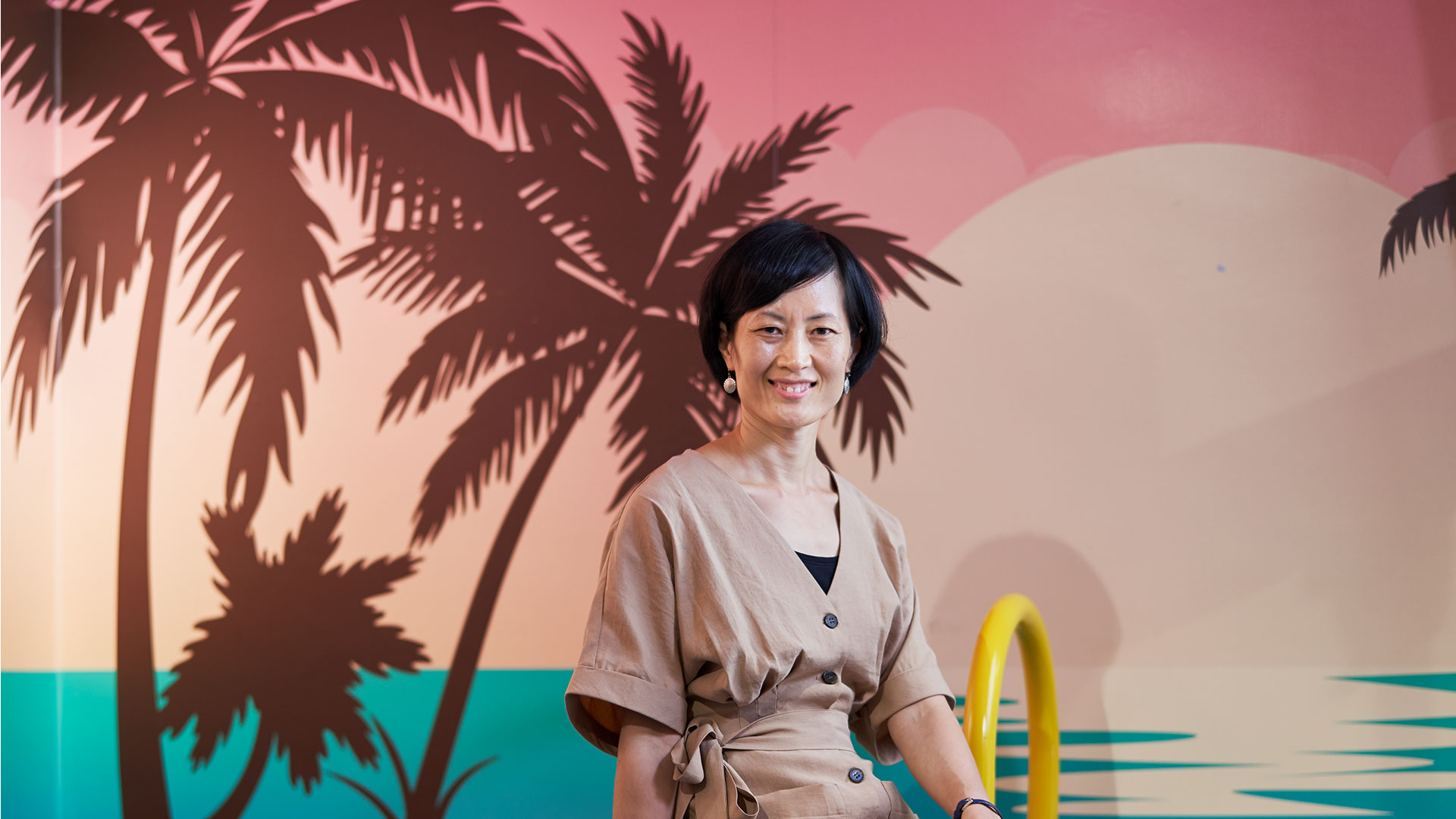
These days, more and more companies are getting involved in corporate social responsibility (CSR). While it used to be viewed as something that only large companies did, increasingly, companies of all sizes see the benefits of having a corporate social responsibility programme.
As a result, the research that Professor Heli Wang does is of interest both to academics and practitioners. Professor Wang is the inaugural Janice Bellace Professor of Strategic Management and one of her key research areas is in corporate social responsibility.
There is also pressure from the market. “In the past, consumers didn’t know what they were buying. But now, more and more consumers are better educated. There is evidence that some consumers are willing to pay a premium for socially responsible products.”
Employees also care about CSR because they want to work for a good company. Even investors believe in the value of CSR programmes because it provides a return, either in terms of share price, mindshare or increased sales.
One of the projects that Professor Wang is working on is looking at when companies should be publicizing their CSR efforts, and when they should not.
While the conventional thinking is that companies ought to trumpet the fact that they are doing good, Professor Wang has found out that doing so can be counter-productive if the company is not treating its primary stakeholders well, for example if they do not pay dividends or competitive salaries. This research project, based on an examination of Chinese firms, is still a work in progress.
Professor Wang has also looked at the issue of sincerity in corporate philanthropy. In a 2016 paper “Sincerity in corporate philanthropy, stakeholder perceptions and firm value,” which she co-authored with her Lee Kong Chian School of Business colleague Associate Professor Ilya Cuypers, the researchers looked at different kinds of corporate philanthropy and how these are appreciated by stakeholders.
At first glance, it would seem logical that companies that are more financially generous should receive more credit than companies that donate less.
However, this is not the case as people make a distinction between different types of corporate philanthropy. These efforts can be divided into quantitative and qualitative giving. While quantitative giving is a function of amount, qualitative or innovative philanthropic activities, may involve a smaller financial amount, but it is more likely to require considerable effort on the part of the company and have a positive, long-term social impact on the receiving communities.
In addition, mature companies are seen as cash cows with limited investment opportunities, so when such companies make a large donation, they receive less credit for this as compared to younger companies. Companies involved in “sinful” industries like gambling also do not get as much credit for their giving.
The research found that firms can “credibly signal their sincerity by focusing their philanthropy on programs that are generous and/or innovative. However, the benefits of innovative giving are generally greater than those of generous giving.”
By seeking innovative philanthropic activities, even firms that engage is so-called “sinful” industries such as gambling and tobacco, are less likely to have their efforts discounted. Said the authors: “Hence, just doing good or being generous may have a limited impact on building a durable appreciation among stakeholders. Instead, firms can make a substantially bigger impact by focusing on the qualitative aspects when designing their philanthropy programs.”
In addition to studying corporate social responsibility, Professor Wang also contributes her time to academic journals. Since 2017, she has been the Associate Editor of the Academy of Management Review and before that, she was the Associate Editor of the Academy of Management Journal for three years. Prior to that she was the Consultant Editor for Management & Organisation Review.
She says she is very involved in editorial work because these are very important journals in the field. In addition, there is also a desire to do it for a greater good. “I do it to serve the community.”
Professor Wang used to teach undergraduates but her teaching focus is currently on teaching Masters students as well as those in the Executive MBA programme. In addition, she is a supervisor in the Doctor of Business Administration programme that is co-run with the Cheung Kong Graduate School of Business in Beijing.
Students in the last programme, in particular, are challenging. “A lot of them are founders of companies. They are not arrogant, but they don’t have the time or the background necessarily for a PhD programme.
“They are very different from the normal PhD student. The usual PhD student is very research oriented. And they are young and after they graduate, they want an academic job. This group doesn’t need a job. Their objective is very different. Some want a title but a lot of them really want to have a different perspective so they can help their company.”
Given her many contributions to the university, it is perhaps not surprising that she was made the inaugural Janice Bellace Professor, named after SMU’s first President. The professorship was set up by past and present members of SMU’s Board of Trustees and it is given to recipients who will support SMU’s commitment to high-quality and focused research that helps address the needs of society and makes special contributions to the intellectual advancement of the school, to the institution and Singapore as a whole. The recipient will leverage on SMU’s culture of collaboration to push the boundaries of their work beyond Singapore and engage in multi-disciplinary research across schools and with other universities.
Professor Wang delivered the Janice Bellace Professorship lecture in November 2018 and had the chance to also meet Professor Bellace herself.
Professor Wang said it was a pleasure to meet SMU’s first President. “She was very nice and easy to talk to,” Professor Wang recalled. On being the first recipient of the professorship, Professor Wang said that she “felt honoured to be chosen.”